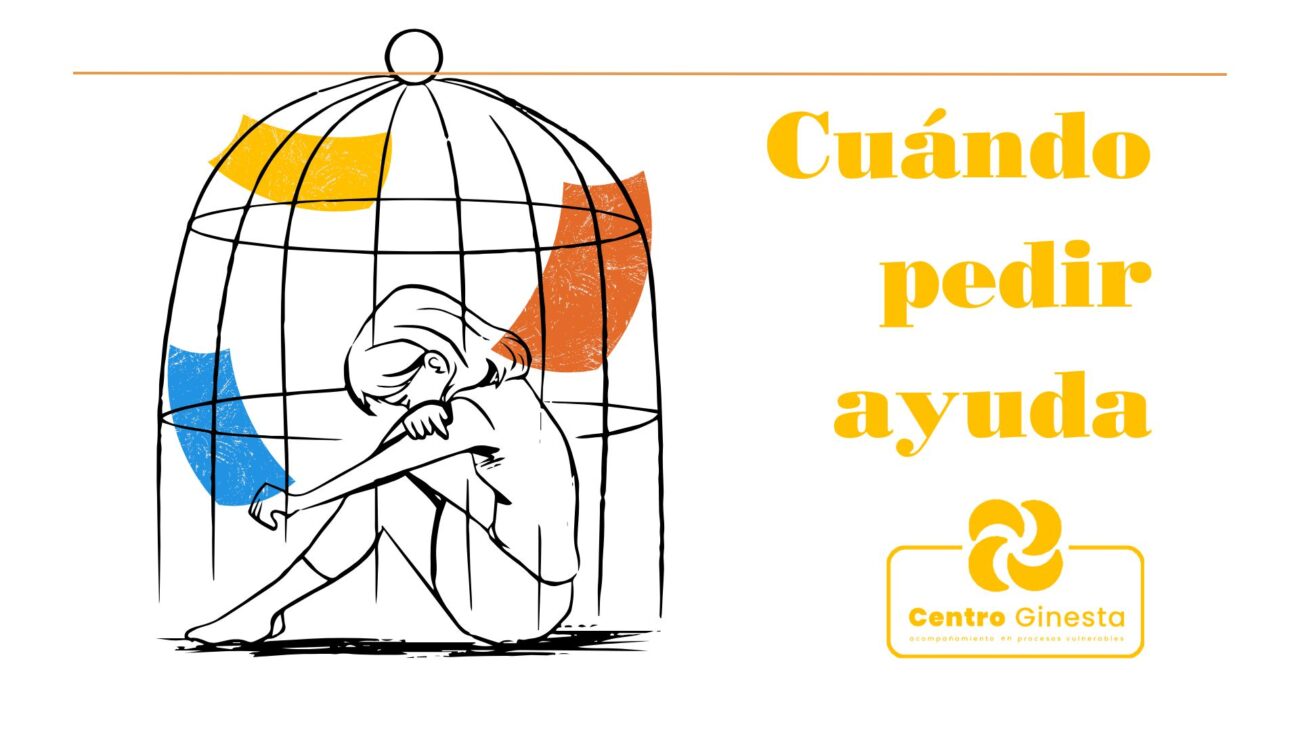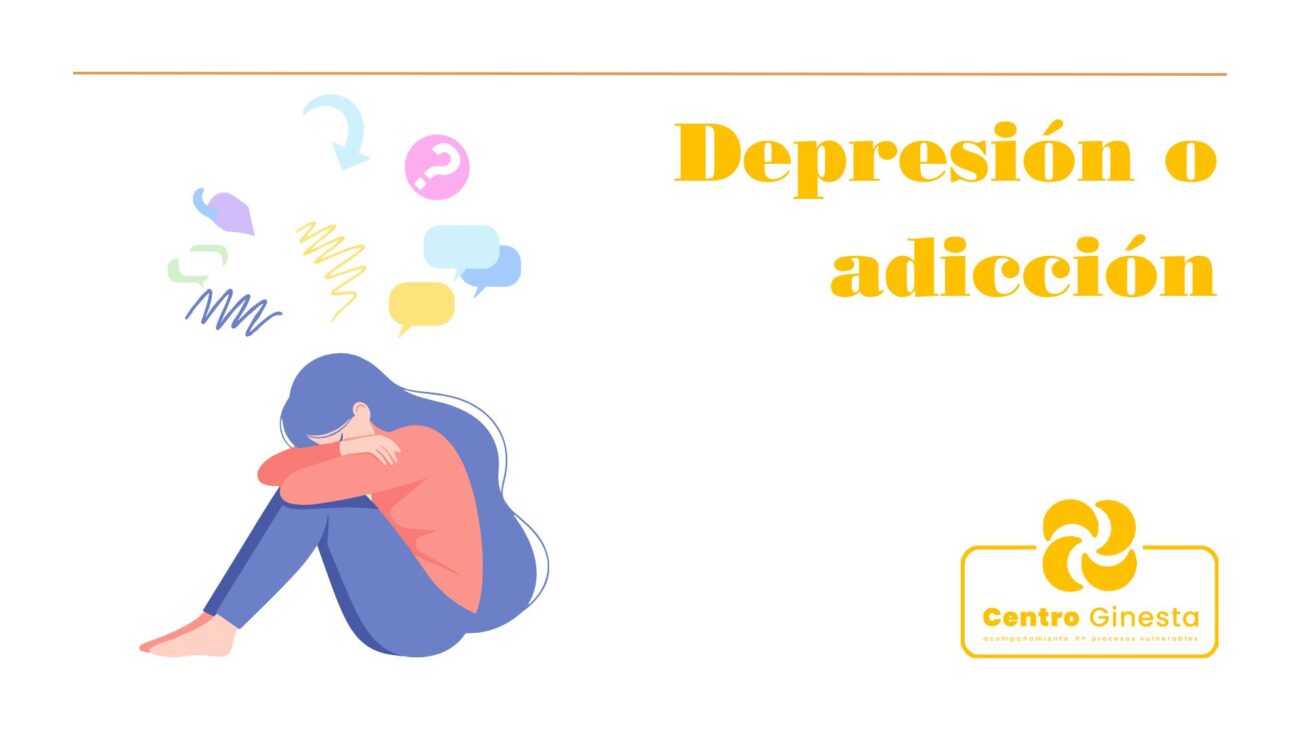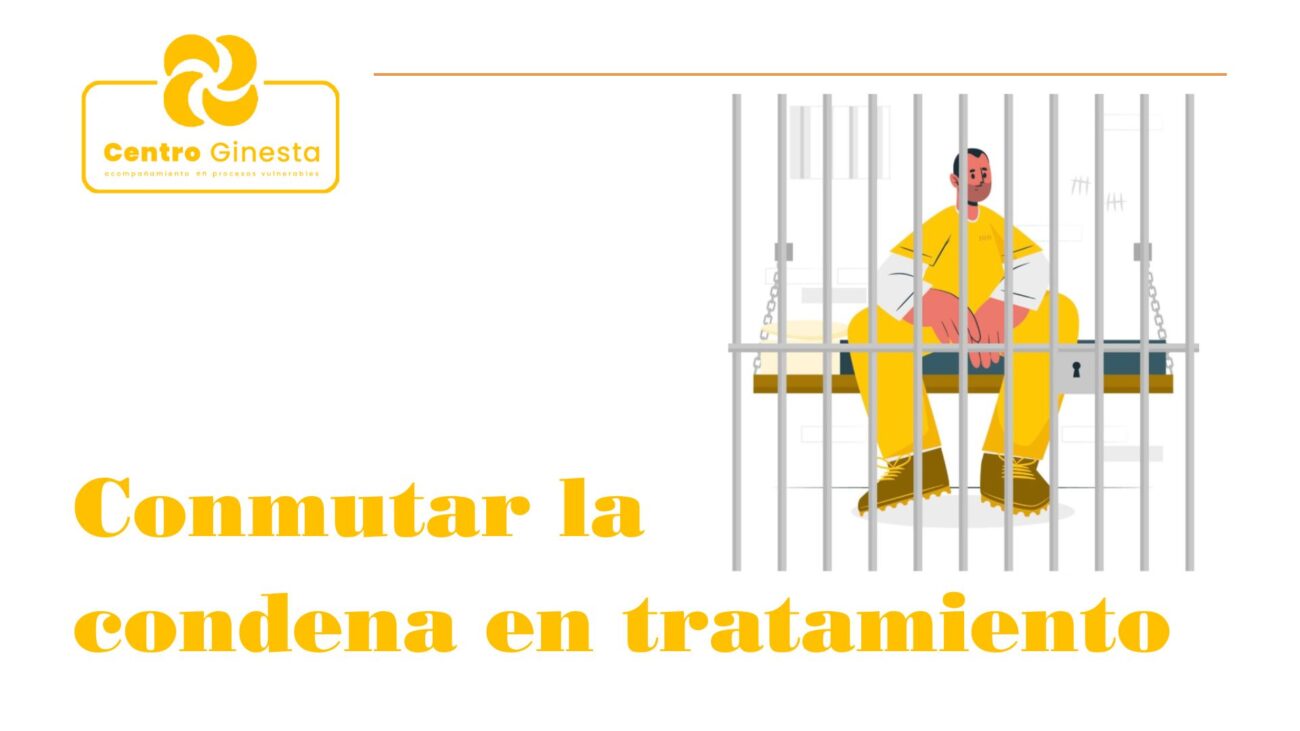Summer is synonymous with rest, leisure and free time. However, This time can also bring with it an increase in problems related to addictions. In this article, we explore How summer influences these behaviors, why they increase and what measures are necessary to confront them.
Why do addictions increase in summer??
The increase in free time and the feeling of freedom during the summer can intensify substance use and addictive behaviors. many people seek to escape emotional voids or relieve stress, and in this season, these sensations can become more acute.
Besides, the change in routines, social pressure and expectations to “enjoy to the fullest” can push some people toward risky behavior.
The emotional impact
summer can trigger a particular mental and emotional state. The search for relief or evasion in the face of feelings of emptiness can lead to an increase in addictions, not only related to chemicals, but also with behaviors such as gambling, eating disorders and dependent relationships.
These problems are part of what is called “vacuum pathologies”, where the substance or behavior acts as a temporary palliative for a deeper emotional discomfort.
Types of addictions that are affected in summer
- Substance addictions: alcohol, illegal drugs and medications.
- Behavioral addictions: pathological gambling, excessive use of the internet and social networks, among others.
- Associated disorders: bulimia, anorexia and emotional dependence.
A comprehensive approach is essential to treat addictions during this season, that includes:
- Prevention and education about the risks of consumption and addictive behaviors.
- Early detection of symptoms and risk behaviors.
- Specialized treatment that addresses the deep emotional causes.
- Psychological support to improve emotional well-being and avoid relapses.
Recognize that summer can enhance addictions It is essential to implement effective prevention and treatment strategies. Address not only the symptoms, but also the underlying emotional causes, will help protect mental health and promote lasting well-being all year round.













